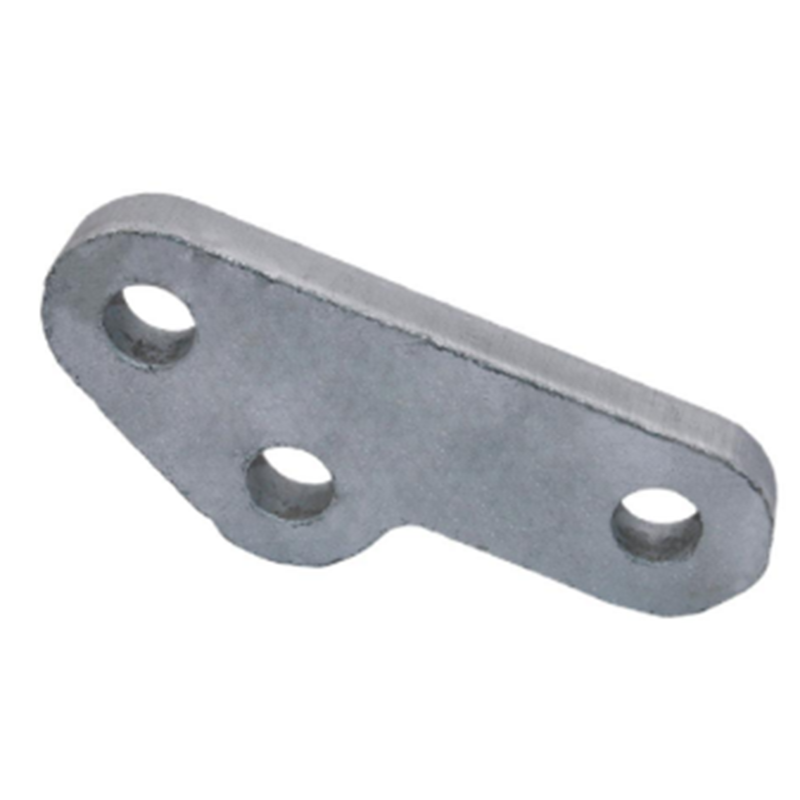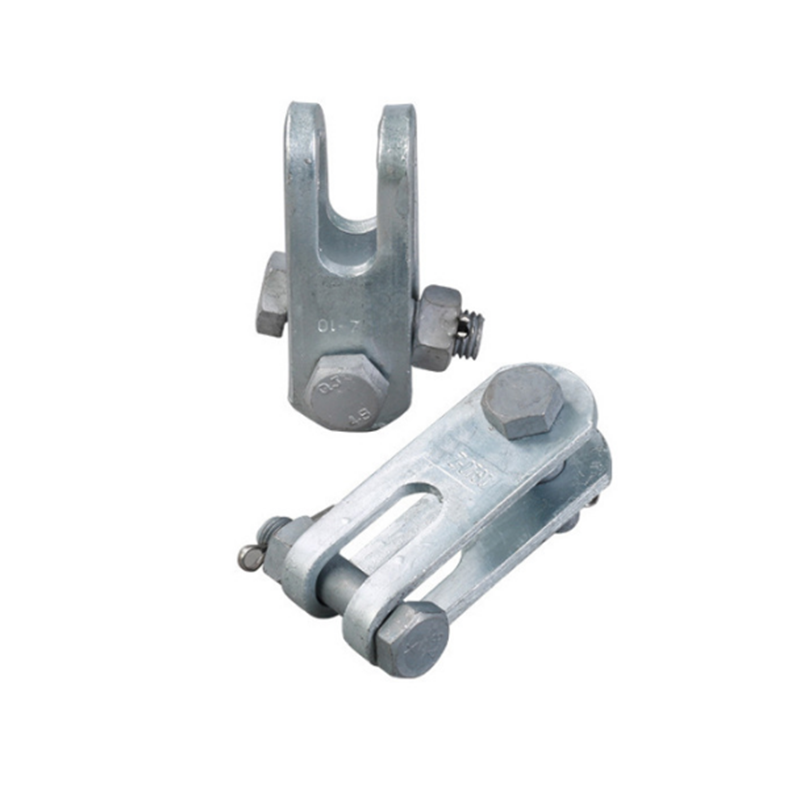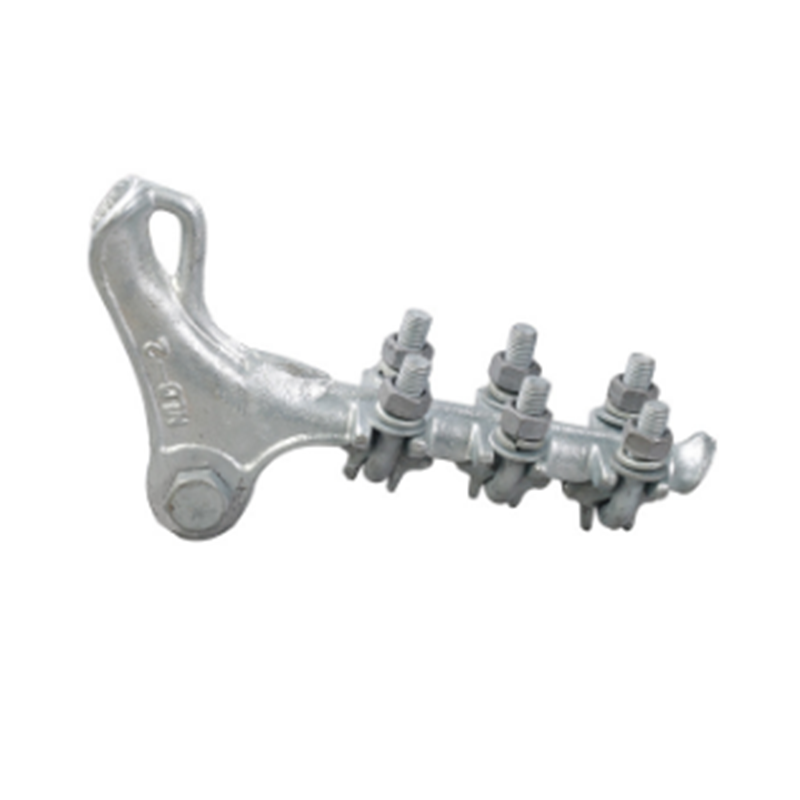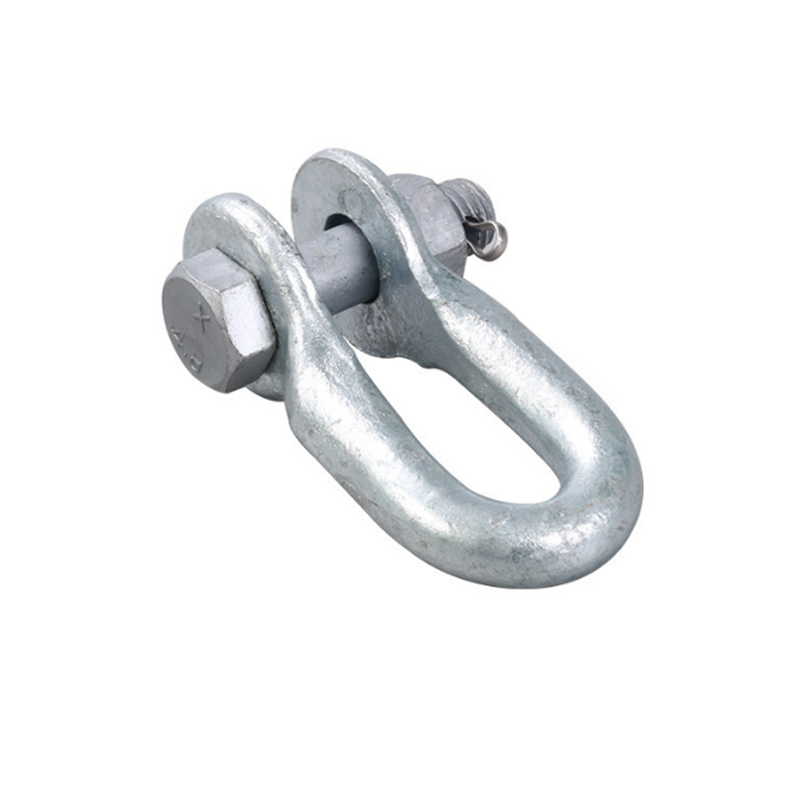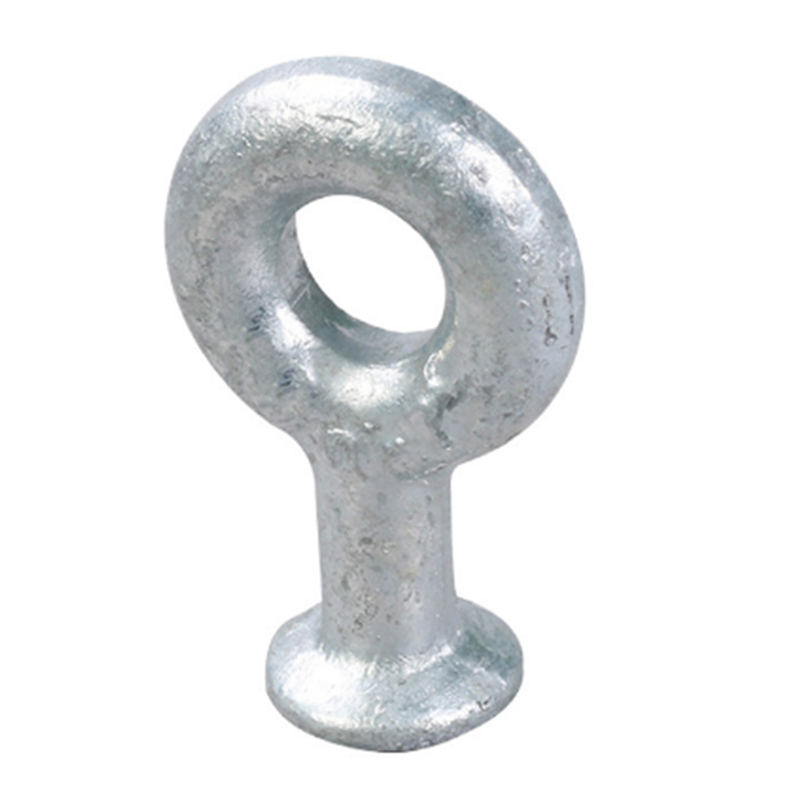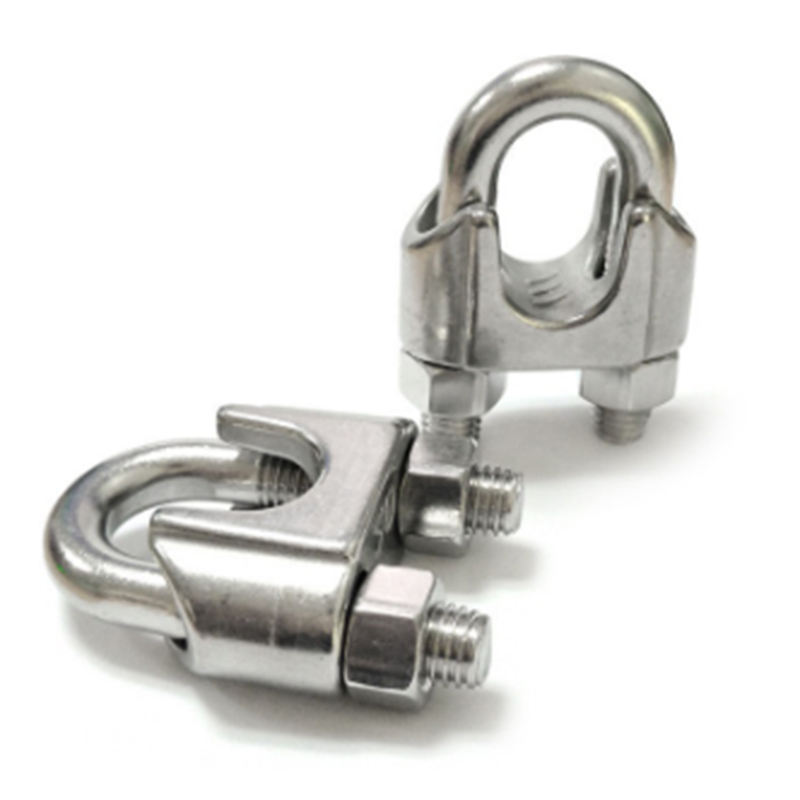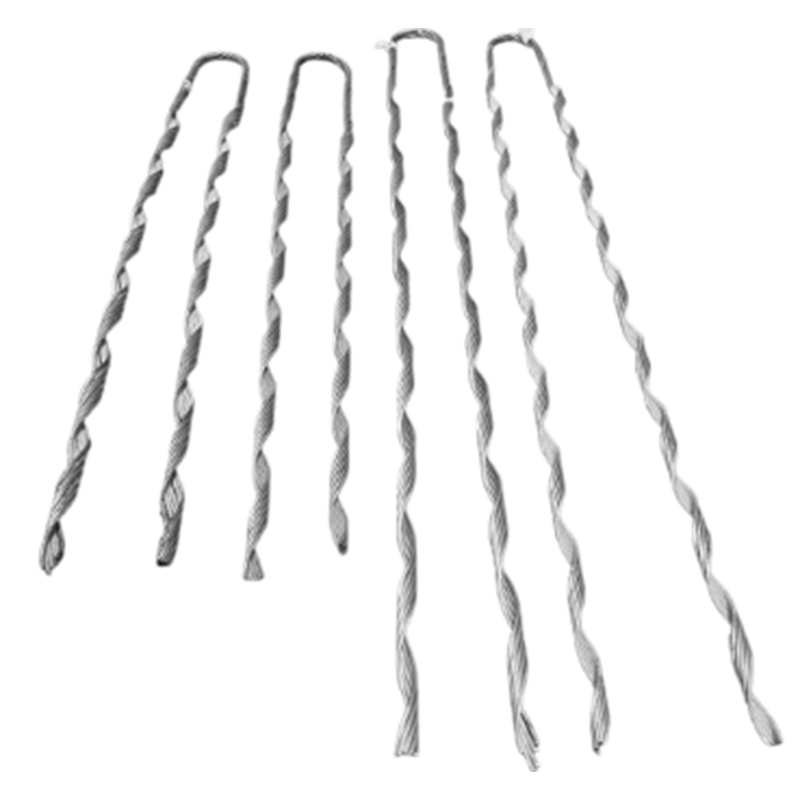- Chinese
- French
- German
- Portuguese
- Spanish
- Russian
- Japanese
- Korean
- Arabic
- Irish
- Greek
- Turkish
- Italian
- Danish
- Romanian
- Indonesian
- Czech
- Afrikaans
- Swedish
- Polish
- Basque
- Catalan
- Esperanto
- Hindi
- Lao
- Albanian
- Amharic
- Armenian
- Azerbaijani
- Belarusian
- Bengali
- Bosnian
- Bulgarian
- Cebuano
- Chichewa
- Corsican
- Croatian
- Dutch
- Estonian
- Filipino
- Finnish
- Frisian
- Galician
- Georgian
- Gujarati
- Haitian
- Hausa
- Hawaiian
- Hebrew
- Hmong
- Hungarian
- Icelandic
- Igbo
- Javanese
- Kannada
- Kazakh
- Khmer
- Kurdish
- Kyrgyz
- Latin
- Latvian
- Lithuanian
- Luxembou..
- Macedonian
- Malagasy
- Malay
- Malayalam
- Maltese
- Maori
- Marathi
- Mongolian
- Burmese
- Nepali
- Norwegian
- Pashto
- Persian
- Punjabi
- Serbian
- Sesotho
- Sinhala
- Slovak
- Slovenian
- Somali
- Samoan
- Scots Gaelic
- Shona
- Sindhi
- Sundanese
- Swahili
- Tajik
- Tamil
- Telugu
- Thai
- Ukrainian
- Urdu
- Uzbek
- Vietnamese
- Welsh
- Xhosa
- Yiddish
- Yoruba
- Zulu
- Kinyarwanda
- Tatar
- Oriya
- Turkmen
- Uyghur

Screw tightening
Understanding the Nuances of Screw Tightening
In the world of fasteners, screw tightening may seem straightforward, yet it's far from a no-brainer. Those who've spent time on the factory floor know the devil is in the details. Over-tightening can lead to component failure, while under-tightening may compromise integrity. It's a delicate balance that requires more than just brute force.
The Basics Unraveled
When embarking on any assembly project, understanding the basics of screw tightening is crucial. At Shengfeng Hardware Fastener Factory, we often encounter clients unfamiliar with how nuanced this process can be. This isn't just about securing a bolt; it’s about ensuring reliability and safety.
One common pitfall is assuming that every screw needs the same amount of torque. This is where the art and science blend. Each material and application might demand different approaches. How often have I seen a steel bolt tightened to its physical limits only to shear under stress? Too many to count.
But this knowledge isn't something picked up overnight. New clients often walk through our doors, learning just how tailored each application needs to be. At Shengfeng, part of our service is to educate and guide, to prevent costly errors before they happen.
Understanding Torque: It's Not a Guessing Game
Torque, in simple terms, is the rotational force applied to secure the screw. Sounds easy, doesn't it? Yet, the right torque is critical and varies from job to job. At Shengfeng, we make it a point to stress that blindly tightening without specific metrics leads to problems.
Imagine assembling a heavy-duty industrial machine. If each bolt isn't torqued correctly, the whole system's integrity can be in jeopardy. One story comes to mind: a client assembled an industrial compressor but missed the manufacturer’s recommendation on torque levels. The resulting leakage was a costly oversight.
Using torque wrenches or automated systems can mitigate human error significantly. Thanks to advancements in technology, smart tools that measure and apply exact torque values make these tasks infinitely more reliable.
Quality Tools and Training: A Reliable Combo
Employing quality tools is a lesson often learned the hard way. Poor tools not only damage screws but can also leave the project unfinished, spiraling into unexpected delays. Shengfeng Hardware Fastener Factory supplies top-notch fasteners for this very reason.
Moreover, training personnel in proper techniques is paramount. Even the best tools can't compensate for inadequate skills. Our facility in Yongnian District emphasizes cross-training and continuing education so that our team can tackle any specification with confidence.
Remember, achieving appropriate tension isn't just intuitive—it’s learned through experience and practice. We encourage clients to invest in both high-quality fasteners and continuous learning.
The Mistakes That Teach Us
The inevitable stumble on the road of screw tightening is error. However, each misstep is an opportunity for learning. I recall a new technician overtightening expansion bolts on a public utilities project. The resulting excess stress fractured the brickwork. Painful? Yes. Necessary? Absolutely.
Reflecting on these experiences is valuable. Feedback loops and process improvements come from analyzing every facet of past errors. At Shengfeng, mistakes do happen, but our adaptability turns lessons into improved future outcomes.
It's the rigorous analysis and continuous adaptation that refine our practices. Industry veterans would agree: the lessons learned from failure ensure fewer repeat errors.
Final Thoughts: Moving Forward with Precision
In the end, the art of screw tightening isn’t about strength, but precision. Every project needs care, quality, and understanding of the finer points. Whether you're assembling a common household appliance or constructing monumental structures, the principles hold.
At Shengfeng Hardware Fastener Factory, located conveniently near National Highway 107, we emphasize this knowledge to our clients. For more details, don't hesitate to explore our offerings at our website.
Remember, the key to successful screw tightening is a blend of correct tools, skilled hands, and the wisdom of past experiences. Keep learning, practicing, and perfecting your craft.
Соответствующая продукция
Соответствующая продукция






